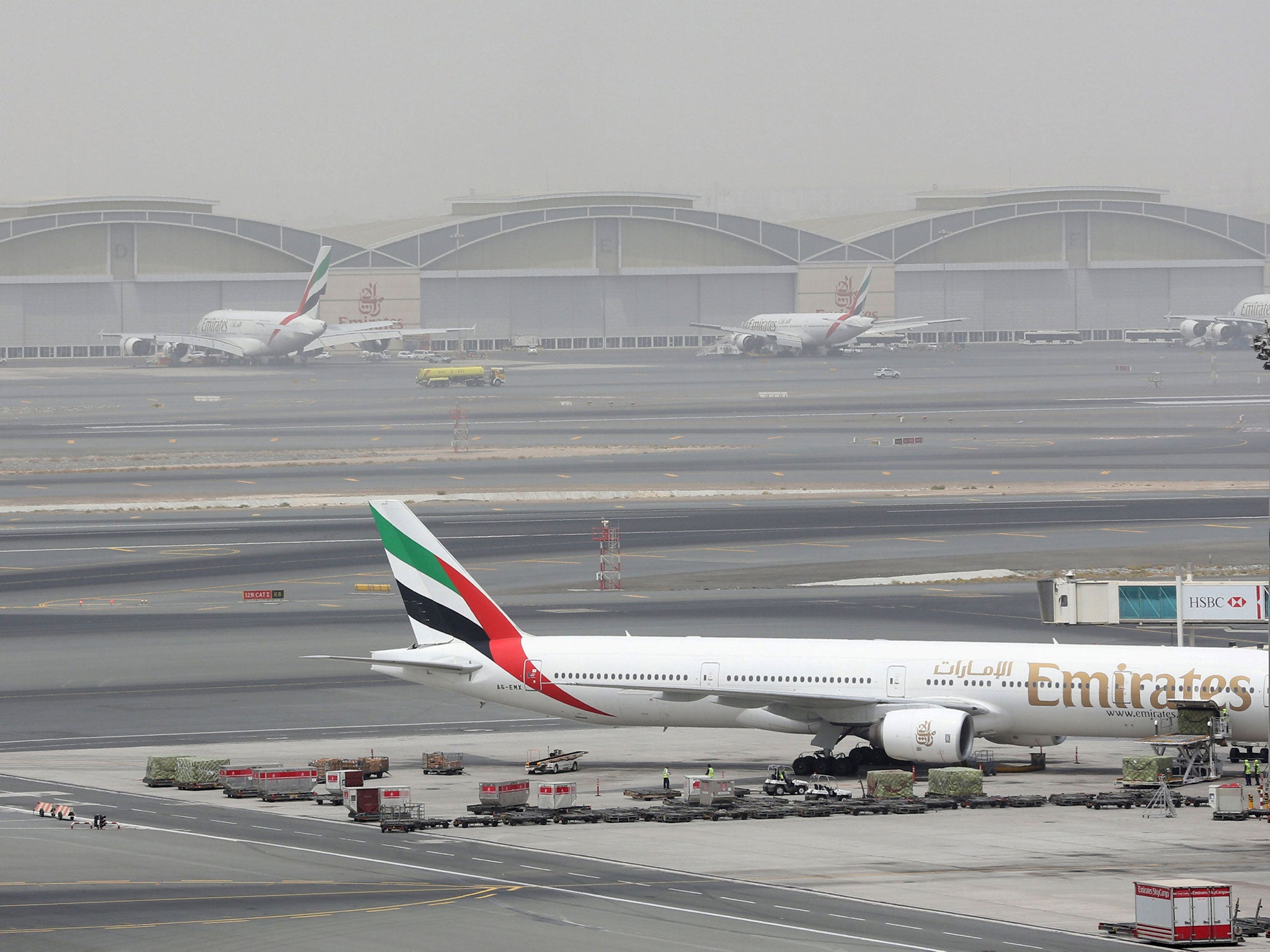The business of travel: why we shouldn’t be too attached to our luggage
As passengers are once again pictured carrying suitcases off a burning plane, we should re-assess our priorities – and our knowledge of proper safety procedure, says Simon Calder

Your support helps us to tell the story
From reproductive rights to climate change to Big Tech, The Independent is on the ground when the story is developing. Whether it's investigating the financials of Elon Musk's pro-Trump PAC or producing our latest documentary, 'The A Word', which shines a light on the American women fighting for reproductive rights, we know how important it is to parse out the facts from the messaging.
At such a critical moment in US history, we need reporters on the ground. Your donation allows us to keep sending journalists to speak to both sides of the story.
The Independent is trusted by Americans across the entire political spectrum. And unlike many other quality news outlets, we choose not to lock Americans out of our reporting and analysis with paywalls. We believe quality journalism should be available to everyone, paid for by those who can afford it.
Your support makes all the difference.When next you fly, assess your cabin baggage. Not to see if it will conform with the airlines’ ever-more complex range of rules on weight and dimensions, but to estimate the value of its contents. I speculate it will contain what you need for the flight itself – laptop or tablet, reports to read, perhaps some better-than-airport-quality snacks – plus what you really don’t want to lose: mobile phone, camera, washbag...
Next, predict how you would feel if it was snatched from you – as, regrettably, happens frequently, particularly at transport hubs where travellers are distracted and disorientated. I would be upset and angry, but reassured that these days pretty much everything is replaceable. Even the, err, priceless contents of my laptop are duplicated (or at least they will be as soon as I get home and remember to back up).
As you will probably have guessed, I mention this because, for the second time in less than a year, a Boeing 777 has been in flames on a runway – and some passengers retrieved their cabin baggage before escaping the burning plane.
Like you, I am keen to know what went wrong aboard Emirates flight EK521 for it to crash-land at Dubai. All 300 passengers and crew got out alive, though tragically a firefighter died when the blaze took hold.
'Leave hand baggage behind' means just that
Some of the images on social media were chillingly similar to British Airways flight 2276, whose left-hand engine burst into flames during the take-off run at Las Vegas. The 170 people on the Gatwick-bound jet also got out alive, and the plane is now back in active service. But when every second counts, as it does in an emergency, the sight of passengers wheeling their cabin baggage away from the stricken aircraft is shocking.
Laurie Price, the leading aviation strategist, was also appalled. “‘Leave hand baggage behind’ means just that,” he told me in an email, shortly after the pictures emerged.
“Something major needs to be done by IATA [the airlines’ global body] and/or ICAO [the UN body that sets aviation standards worldwide], with draconian fines for people who do not obey crew instructions.
“How long before we have an accident and selfish people trying to retrieve their baggage delay evacuation and people die?”
Mr Price also has a plan to use the Dubai emergency to improve safety: “If I were Emirates I would identify all those passengers who prejudiced the safe evacuation of the aircraft and ban them from flying with the airline for a period and make an example of them.”
Certainly, changes are needed to passenger behaviour. The aviation industry has worked miracles improving everything from engineering to relationships on the flight deck, reducing the accident rate to extraordinarily low levels. Now it’s the passenger’s turn. You owe it to yourself and your fellow passengers to watch the safety drill, work out where the nearest and second-nearest emergency exits are, and to be alert and sober during take-off and landing. (The ban by Jet2 on boozing before 8am is well-intentioned, but likely to be ineffective; stricter controls at the boarding gate on assessing who’s been drinking to excess at the airport is the real answer).
You might think that in a carrot-and-stick approach, the possible difference between life and death might be enough of a carrot, but evidently not. An element of punishment, though, may not work either: passengers in an emergency evacuation may be so startled that they behave irrationally – doing just what they would do if they were leaving the aircraft normally.
So I argue that it is incumbent on those who fly the most, ie business travellers, to take the lead. Always watch the safety briefing, and shush passengers who are talking rather than listening. And, if the (second) worst should happen, yell at anyone who endangers themselves and others by reaching for their cabin baggage. Stuff is replaceable; people are not.
Join our commenting forum
Join thought-provoking conversations, follow other Independent readers and see their replies
Comments